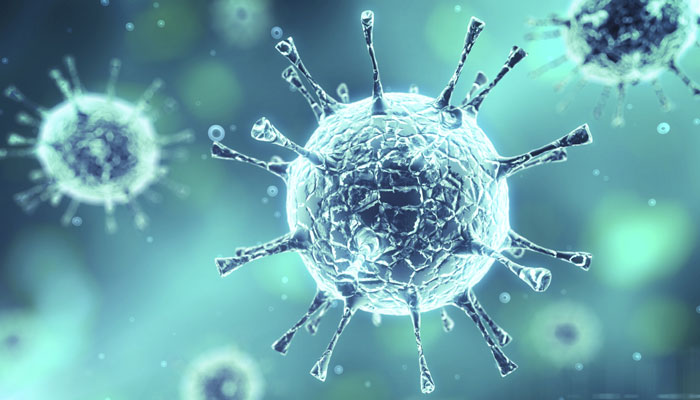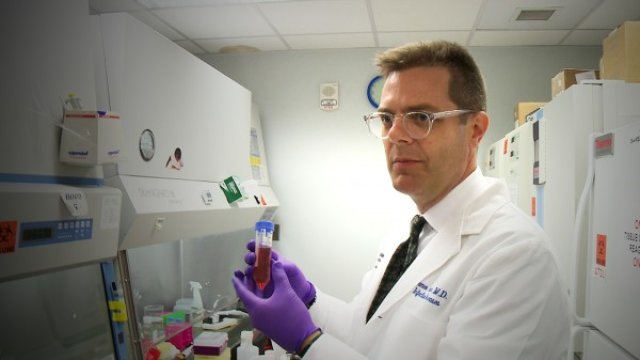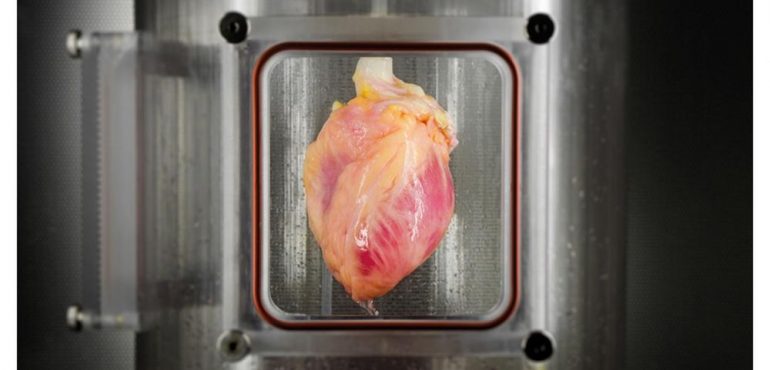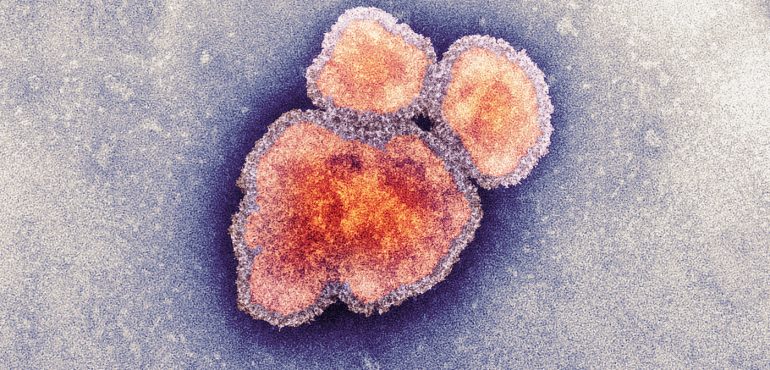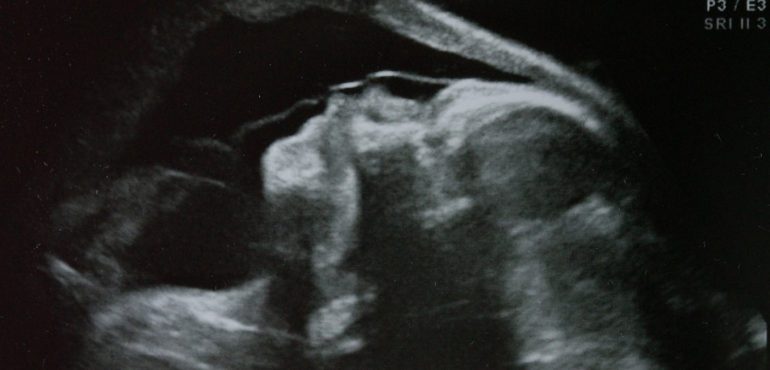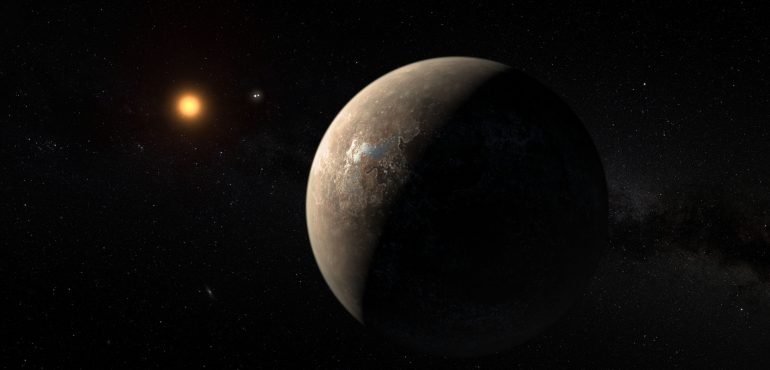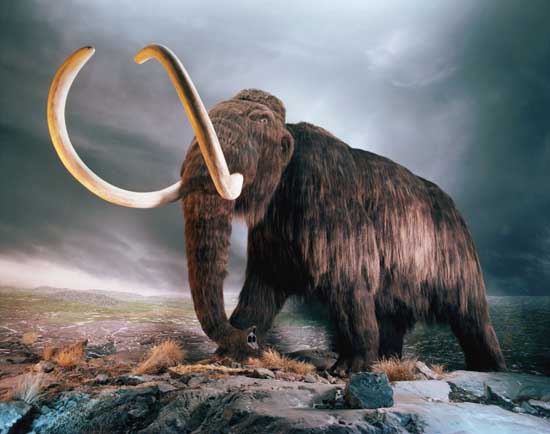A groundbreaking study of the virosphere of the most populous animals -- those without backbones such as insects, spiders and worms and that live around our houses -- has uncovered 1445 viruses, revealing people have only scratched the surface of the world of viruses -- but it is likely that only a few cause disease.…
Read more
World of viruses uncovered
